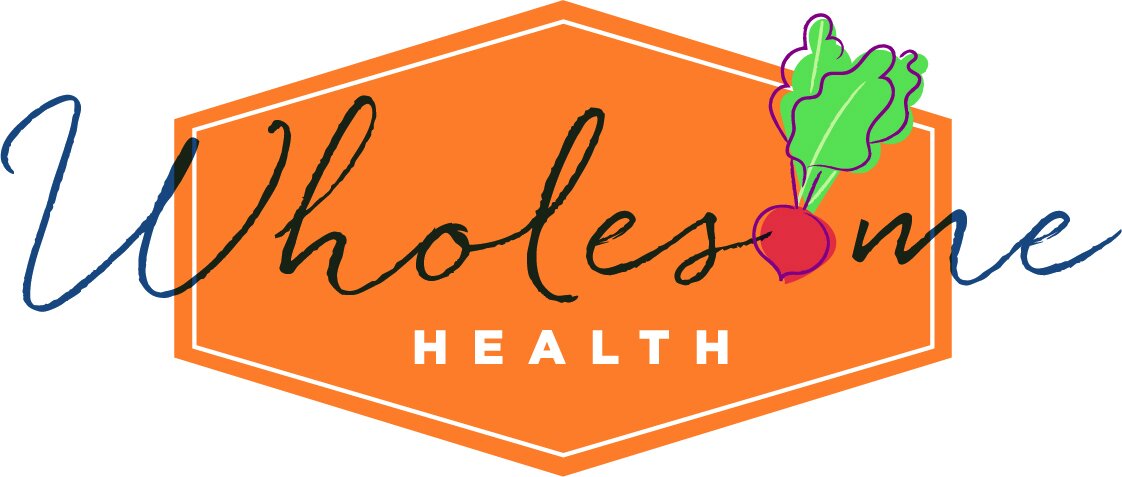Affordable and Nutritious Protein Alternatives as Egg Prices Rise
With egg prices on the rise, finding alternative protein sources has become more important than ever. While eggs are a great source of protein, there are plenty of other budget-friendly and nutritious options that can help you meet your daily needs. Whether you're looking for plant-based proteins, dairy alternatives, or other high-protein foods, today’s post will share delicious and affordable ways to keep your meals balanced and satisfying.
Budget-friendly protein options
If you’re looking to spend less on high-protein foods there are plenty of alternatives to eggs. The good news is that many of these options also come with added health benefits
Beans and lentils are one of the most affordable protein sources, especially if you buy them dried. Canned versions are a bit more expensive but still affordable and a great time saver. They’re also low in fat and high in fiber, making them an excellent addition to a heart-healthy diet.
Canned or dried fish, such as tuna, sardines, and salmon can be more cost-effective than fresh fish. These options are rich in omega-3 fatty acids, which support brain and heart health. The healthy fats also keep you full and satisfied after meals.
Greek yogurt and cottage cheese are excellent high-protein dairy options. Just 1/2 cup of cottage cheese (or 3/4 cup Greek yogurt) contains twice as much protein as one large egg! Including dairy products in your diet is a great way to get enough calcium to support bone health.
Tips for getting the most protein for your money:
Buy in bulk (dry beans and lentils, oats, nuts, and seeds)
Use frozen or canned protein sources (frozen peas and canned tuna)
Plan meals with a mix of plant and animal proteins to stay full
Plant-based protein sources
Though vegan diets exclude all animal products, including dairy and eggs, there are still plenty of plant-based protein sources, such as:
Beans (garbanzo, black, navy, kidney, and pinto)
Lentils (red, brown, and green)
Whole grains (quinoa, barley, millet, and farro)
Nuts, seeds, and nut butters (almonds, sunflower seeds, chia, hemp, and flax)
Edamame and soy products (tofu and tempeh)
Lesser-known protein foods
If you’re looking for unique plant-based protein sources, seitan, nutritional yeast, and spirulina are great options. Seitan is packed with protein and has a meaty texture, making it perfect for cooking savory dishes (21 grams of protein per 3 ounces). Nutritional yeast adds a cheesy, umami flavor to meals while also providing a good amount of protein (4 grams of protein per 1 tablespoon). Spirulina, a nutrient-dense superfood, offers protein along with essential vitamins and minerals (4 grams of protein per 1 tablespoon). These versatile ingredients can help boost your protein intake while adding variety to your diet!
Egg-free breakfast ideas
I personally love eating eggs for breakfast, but I’ve been exploring less expensive alternatives. Some of my favorite options include:
Smoothie made with Greek yogurt and peanut butter
Avocado toast with hemp hearts
Breakfast burrito made with beans and cheese
Cottage cheese topped with fruit
Peanut butter and banana sandwich on whole grain bread
Protein per serving comparison
Plenty of foods contain at least as much protein as a single egg, including:
| Food | Amount of protein |
|---|---|
| 1 large egg | 6 gm | 2 tbsp hemp hearts | 6.5 gm | 2 tbsp peanut butter | 8 gm |
| 1/2 cup cooked lentils | 9 gm |
| 1/2 cup tofu | 10 gm |
| 3/4 cup Greek yogurt | 15 gm |
| 3 oz seitan | 21 gm |
| 3 oz cooked chicken breast | 26 gm |
With a variety of affordable and nutritious alternatives, such as beans, lentils, tofu, Greek yogurt, and seeds, you can still enjoy balanced, protein-rich meals without relying on eggs. By mixing and matching different protein sources, you can keep your meals health, budget-friendly, and delicious. What are your favorite egg-free ways to get enough protein in your meals and snacks?


